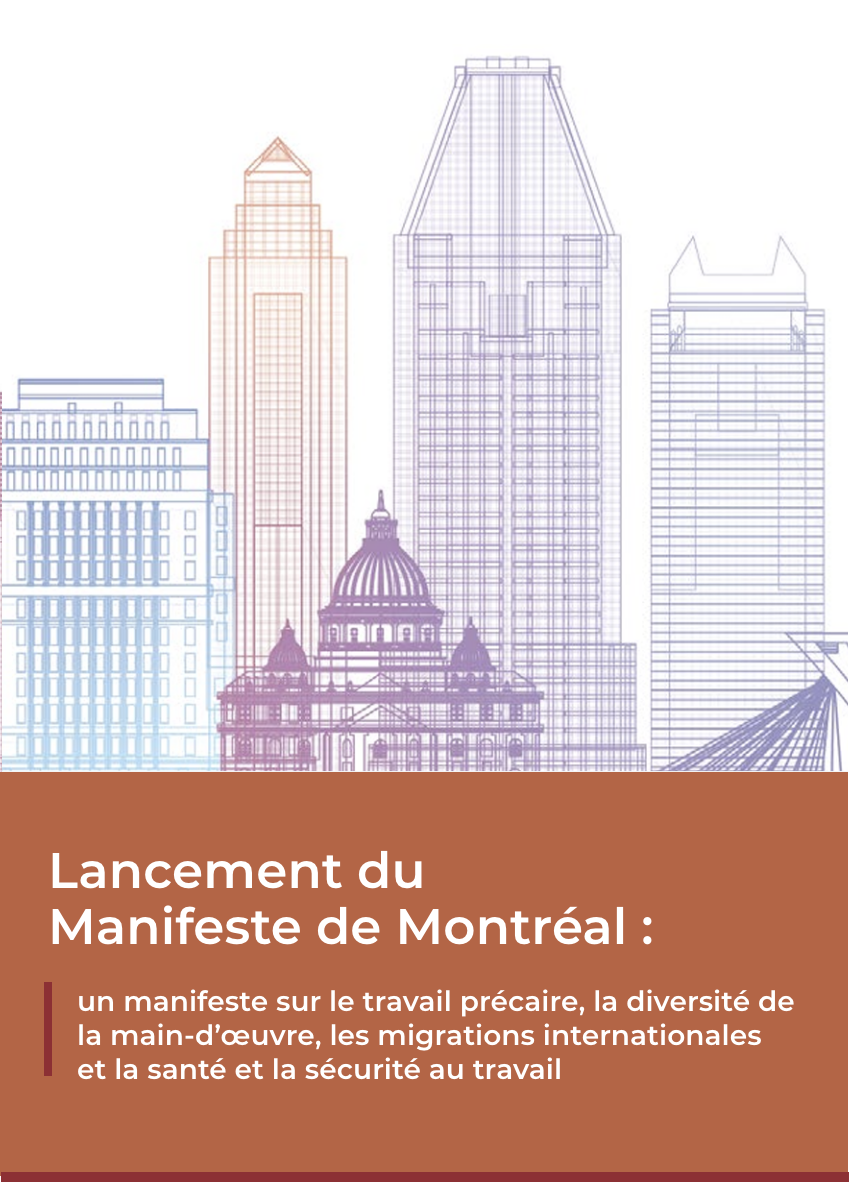Recognition of Degrees, Skills, and Qualifications Obtained in Another Country or Jurisdiction
A significant portion of immigrant workers are overqualified or see their qualifications devalued. States that rely on immigration should facilitate the establishment of mechanisms to support affected workers in their efforts to have their degrees obtained in their country of origin or elsewhere recognized as equivalent. This allows them to fully contribute, based on their skills and qualifications, to the development and dynamism of their host society. Prospective immigrants should be duly informed about issues of credential recognition before undertaking immigration processes.
Acquisition of Professional and Language Skills
States should ensure equal access to skill development for all immigrant workers, regardless of their migratory status, to combat the marginalization of migrant labor. Insufficient proficiency in the languages used in the country of residence can be a significant indicator of the precariousness of these workers. Various governments should create the best conditions and means for these individuals to learn the official language or the working language of the company. Qualifying training programs, as well as immersion, pairing, and mentoring programs, should be developed for this purpose.
